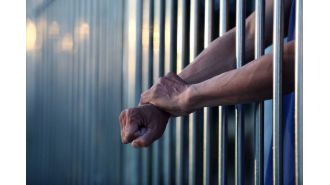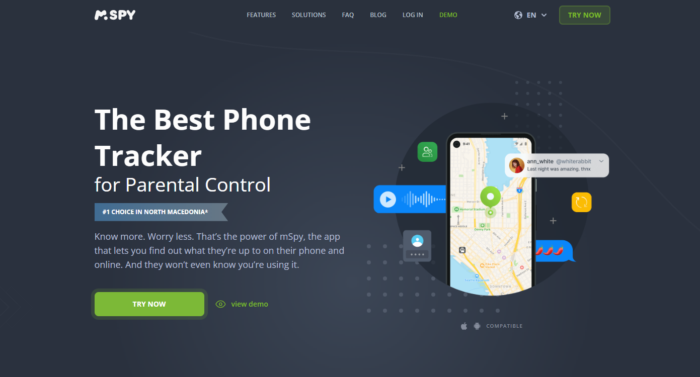My body didn't know what to do during childbirth like I was told it would.
I felt let down by my body for a while.

After enduring 70 hours of intense labor, things took a turn for the worse. Lying on the hospital bed, I anxiously waited for the midwife to bring me some good news. However, her calm demeanor and announcement of only being dilated 2cm shattered my hopes. She suggested trying a hormone drip to speed up the process, but the thought of medical intervention terrified me.
I had been in labor for 45 hours at this point and although I wanted it to be over, the idea of an artificial form of the hormone oxytocin being administered intravenously was my worst nightmare. My hypnobirthing instructors had always warned me to avoid this intervention, stating that it could make labor more painful. They reassured me that my body would know what to do, but clearly, that was not the case.
Becoming pregnant in June 2021 was a complete surprise for me. With polycystic ovaries and being 29 years old, I was told that conceiving would be challenging. I wasn't sure if I was ready to be a parent, but I knew I wanted a baby at some point and was worried it might not happen. So when I found out I was pregnant at 31, it was a shock.
My pregnancy was far from easy. I experienced day-long sickness, anxiety, and depression, constantly wondering if I was capable of being a mother. The thought of giving birth also scared me, and that's when I came across the Positive Birth Movement and hypnobirthing concept on Instagram. Hoping to feel more positive about my pregnancy and birth, I signed up for a hypnobirthing course after my 12-week scan.
Hypnobirthing focuses on managing stress during labor to retain levels of oxytocin, which aids in the process. It was also said to reduce anxiety, although the studies were limited. I trusted their expertise and watched videos of non-traumatic births, which helped me to believe in the possibility of a positive birth experience with minimal interference.
In February 2022, I went into labor at home and eventually went to the hospital when the contractions became too painful. I had my birth plan and fairy lights ready, but I was open to pain relief and wanted to avoid interventions like forceps. However, things took a turn when I was diagnosed with preeclampsia, a pregnancy complication that could be serious if not treated. I spent nine agonizing hours in the ward without any pain relief, and when I was finally moved to a delivery room, the midwife suggested trying the hormone drip.
Despite my fears and warnings from my hypnobirthing instructor, I agreed to the intervention, hoping it would kickstart my contractions. I also begged for an epidural. For a while, it seemed to be working, and I even managed to nap for 15 minutes. But at the 70-hour mark, everything went haywire. My son's pulse dropped dangerously low, and I was rushed for an emergency C-section.
The fear and adrenaline were overwhelming, and I remember shaking so much that the anaesthetist had to hold my arm down. I lost a lot of blood, and my son was diagnosed with pneumonia and taken to intensive care. We stayed in the hospital for over a week, and a midwife told me it was the fastest C-section they had done.
For a long time, I felt like my body had failed me. But the reality is, it's not uncommon for our bodies to not know what to do during childbirth. In February 2022, only 53% of births in England were spontaneous vaginal births, and the majority opted for elective or emergency C-sections. Looking back, I wonder if knowing this information would have made me more comfortable with medical interventions.
Childbirth is unpredictable, and I can't help but feel like I was given unrealistic expectations. While hypnobirthing and the positive birth movement can be helpful, it's essential to provide women with full and fair information. There's a place for all opinions, but spreading negative views on medical interventions only creates shame and fear.
I, too, feared C-sections and the side effects of epidurals, and there are still moments when I feel like I failed. I recently came across a post on Instagram where a mother shared her birth story without any pain relief, which made me question why we celebrate not using pain medication. It creates a sense of martyrdom and can make women feel inadequate for needing it. But in the end, both my son and I are alive because of medical interventions, and for that, I am grateful they exist.
Do you have a birth story you'd like to share? Please reach out to us by emailing jess.email. We'd also love to hear your thoughts in the comments below.










